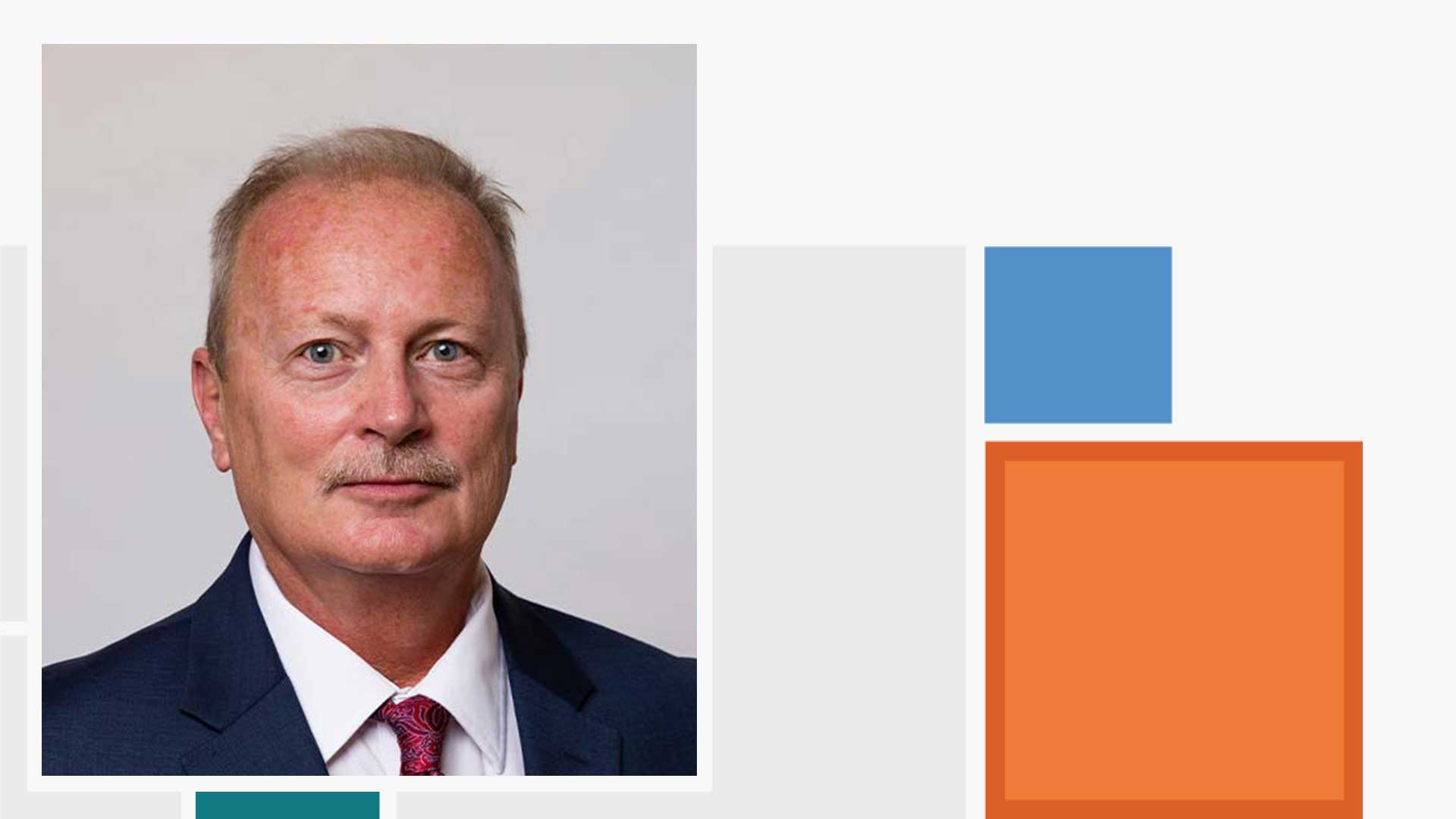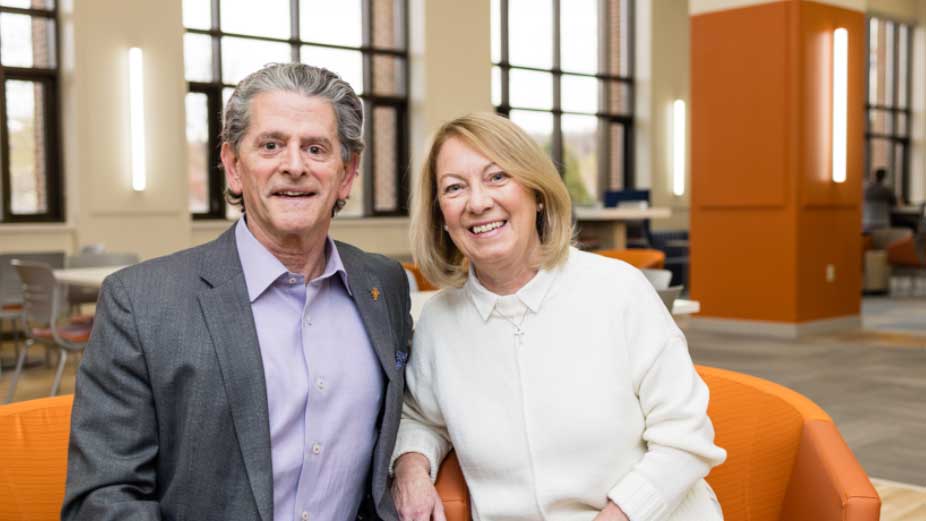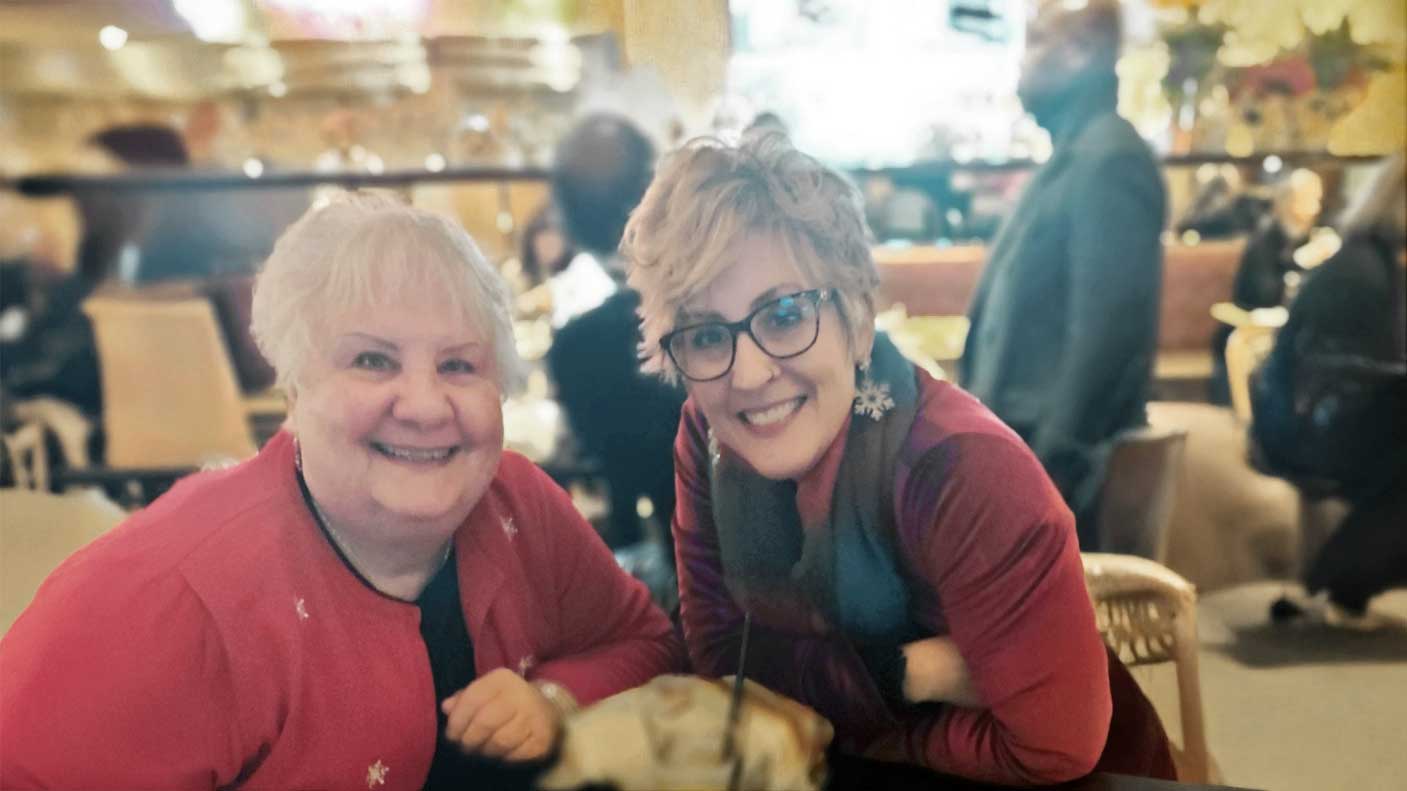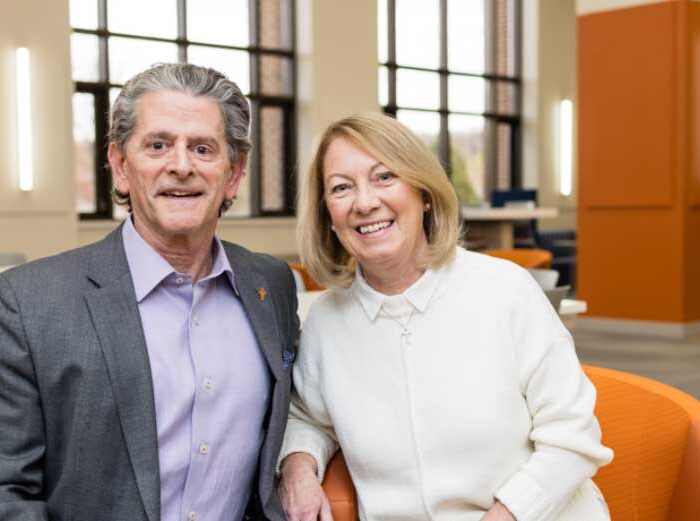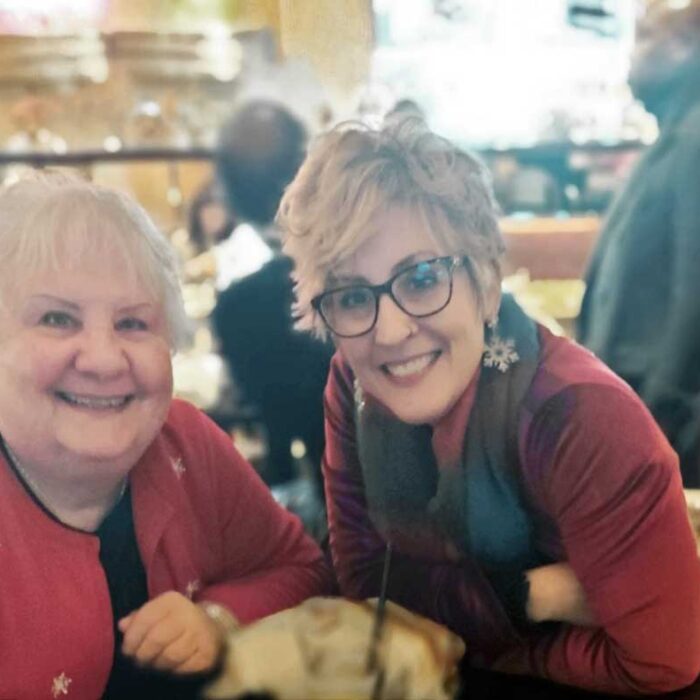Even as rates of infection and death from COVID-19 continue to stabilize, the aftershocks of the pandemic continue to threaten the world’s quality of healthcare. One such tremor to the system lies in the rate of registered nurses leaving the profession. According to a survey conducted in September 2021 by the American Association of Critical-Care Nurses, 66% of respondents were considering quitting nursing due to working conditions brought on by COVID-19. Another nursing poll conducted by Morning Consult revealed that a third of respondents were intent on leaving the profession by the end of 2022.
To combat the resulting waves of unfilled positions, many hospitals have resorted to contracting travel nurses at pay rates more than triple those of staff members in permanent positions. This move may have been necessary to maintain standards of care during the shortage, but the continuing disparity in compensation has left a bad taste in the mouths of many loyal, long-term nurses.
For more insight into the conditions nurses endured at the peak of the pandemic, see “COVID-19: The Formidable Foe” in The Lamp, Issue No. 2.
Problem years in the making
In a sense, travel nurses earning so much more than their stationary counterparts in the United States is an issue not too dissimilar from one that has impacted the global nurse supply long before the COVID-19 pandemic.
In poorer areas of the world like Southeastern Asia and Eastern Europe, healthcare workers who achieve a level of training on par with international standards are faced with a difficult decision. Work visas in the healthcare field are plentiful and easily acquired—even here at home, the Indiana legislature recently approved a bill that simplified licensing to graduates of foreign nursing schools. Furthermore, wages for foreign nurses who move to the U.S. far exceed the wages that nurses receive in developing nations. This creates a “brain drain” effect on the healthcare ecosystems of these countries as the most accredited nurses leave home for better wages elsewhere, negatively impacting the quality of healthcare in the country being “drained.”
The bright side of supply and demand
There’s a silver lining to this situation. More demand for nurses means that nurses, in return, can ask more from their employers. A survey conducted in late 2021 revealed a significant increase in the median salaries of nurses polled. Money isn’t everything, of course, but it can certainly add an incentive to push through challenging times.
Skilled nurses also have more opportunities around the world than ever before. It’s not much exaggeration to say that, in the current climate, a qualified and experienced nurse can find well-paying work nearly anywhere they want it. Whether a nurse wishes to live in sunny Florida, the heart of New York or even overseas in an exotic locale—there’s almost certainly an institution in the area with positions to fill. And with a projected 13 million new nurses needed in the global workforce by 2030, this demand is unlikely to change anytime soon.
The call beyond the call
Solutions to the shortage can be found by addressing the problem at its source. A 2019 study by the American Association of Colleges of Nursing (AACN) showed that limited class capacity due to a lack of instructors resulted in more than 75,000 qualified applicants being rejected from nursing schools in that year alone. The takeaway from this statistic is simple: for the world to have an adequate supply of nurses, it first needs more nurse educators.
In these times of healthcare scarcity, St. Elizabeth School of Nursing is proud to play a part in educating highly-qualified nurses. We’re honored by our excellent faculty and staff, our students and our alumni. And it is the last group, in particular, that we hope will consider the following message.
Once, years ago, you heard the call to nursing and answered it in stride. You have most likely been working ever since, doing noble work for those in need. If you ever feel like your time in this role is coming to an end, perhaps you’ll consider becoming qualified as a nurse educator in the future.
Ask any member of the St. Elizabeth faculty and they’ll tell you: the work you’ll do as a nurse educator can be some of the most fulfilling time you’ve ever put into a profession. Working with newcomers to nursing will teach you things you never knew about the medical field, people in general and—most of all—yourself.
Not everybody has the temperament for teaching but, dispositions aside, nobody is better equipped to become an impactful nurse educator than an experienced professional from St. Elizabeth School of Nursing stock.
We hope you consider the classroom as a potential next chapter in your healthcare career. The world needs people like you and—who knows—maybe the halls of St. Elizabeth itself will be in need of new faculty by the time you’ve attained the necessary teaching credentials. One never knows what the future holds.
As seen in the The Lamp fall 2022 issue


